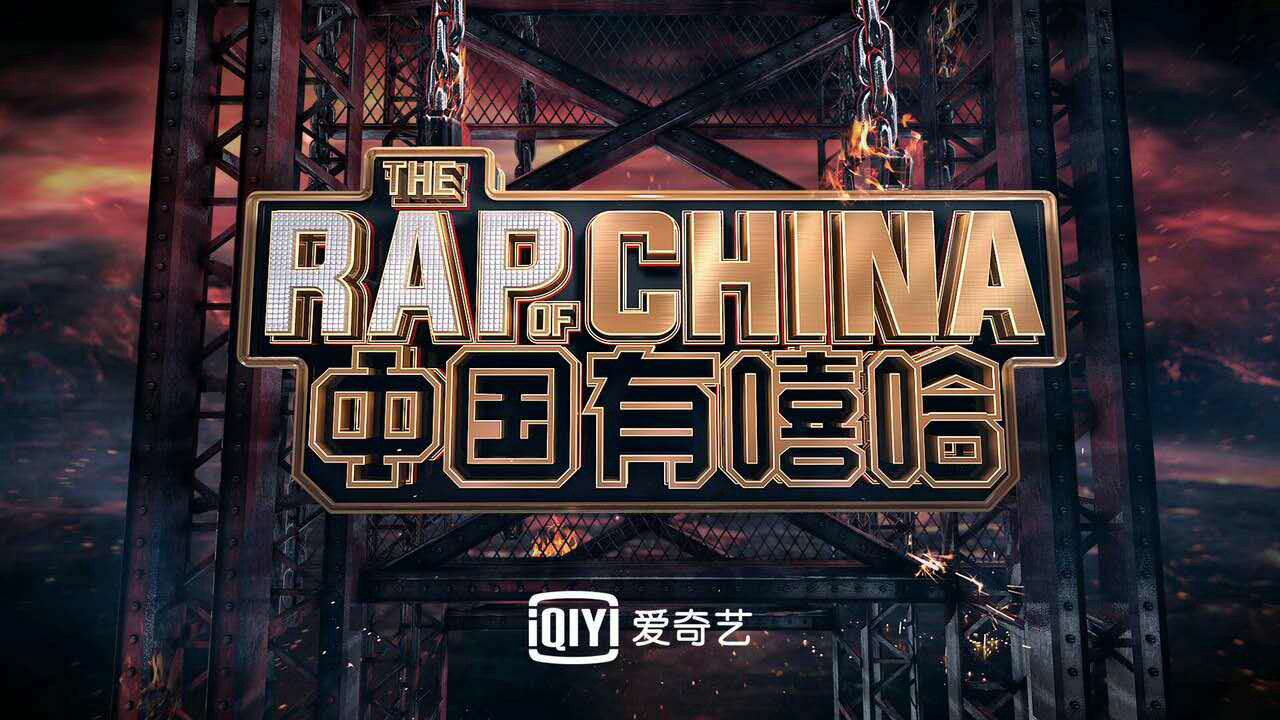According to Chinese news site SINA, the Chinese State Administration of Radio, Film and Television have done a Dua Lipa and very clearly laid out some New Rules. Their requirements state that programs should not feature actors with tattoos, hip-hop culture, sub-culture (not-mainstream culture) and dispirited culture (decadent culture). Four — arguably subjective — pointers for television and radio producers state that they should:
“Absolutely do not use actors whose heart and morality are not aligned with the party and whose morality is not noble. Absolutely do not use actors who are tasteless, vulgar and obscene. Absolutely do not use actors whose ideological level is low and have no class. Absolutely do not use actors with stains, scandals and problematic moral integrity.”
While of course censorship in China is nothing new (social media fans still need to use VPNs to bypass blocks on sites like Facebook and Soundcloud, for goodness sake), it is surprising that this is happening now, with the recent popularity of reality TV show The Rap of China, and when Chinese rap artists are starting to gain international recognition.
These new rules cement attitudes that are already commonplace across Asia, as discussed by K-pop star Jay Park in i-D’s Beyond Beauty documentary series with Grace Neutral. “You can’t see it on TV yet,” he said of his tattoos, which are traditionally associated with gangs. “They blur it out or I have to wear gloves and a long sleeve.”
When we spoke with Chinese actor/model/pop star Kris Wu back in November in the lead up to release of his debut hip-hop album, he told us that censorship affects how rappers make music and of his hopes for change. “China is more conservative and you have to kind of play around it, you have to be more careful. As artists there’s not much we can do about that now. But I feel like what I’m doing here in the States is going to affect the youth in China, cos when they see it they’ll be encouraged. I want to be able to support them, that would mean a lot to me.”
One of the first supposed instances of seeing these new rules implemented is the inexplicable removal of retired rapper GAI from the Chinese X-Factor style show Singer 2017, after having appeared throughout trailers in the lead up. Incidentally, the UK’s very own Jessie J is a contestant on the same show. We’re certainly not suggesting the facts are in any way linked, but, as a side note, as one of our industry colleagues amusingly pointed out on Twitter, it’s encouraging to see that when things don’t work out, it’s possible to move to another continent and start over. Something it seems China wishes their burgeoning hip-hop talent would do.
We’ll have them.
